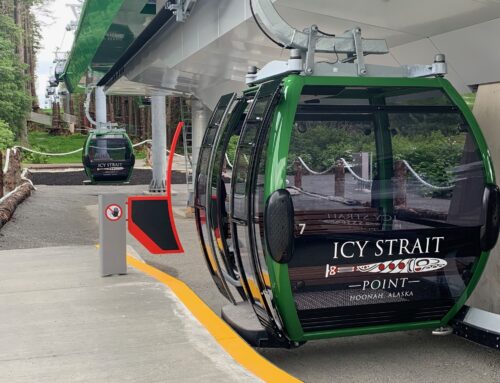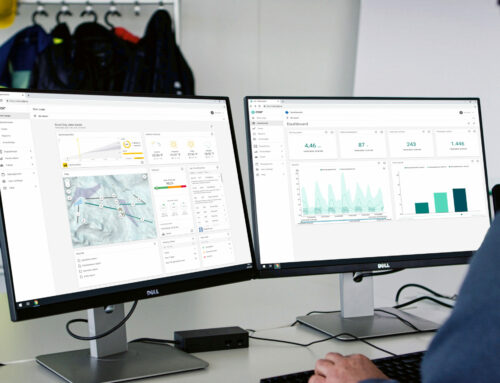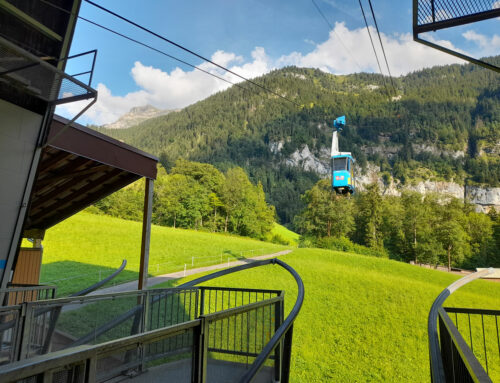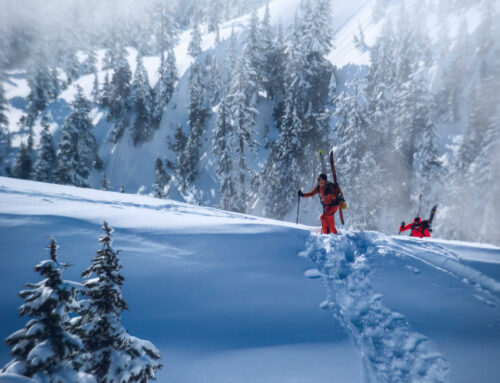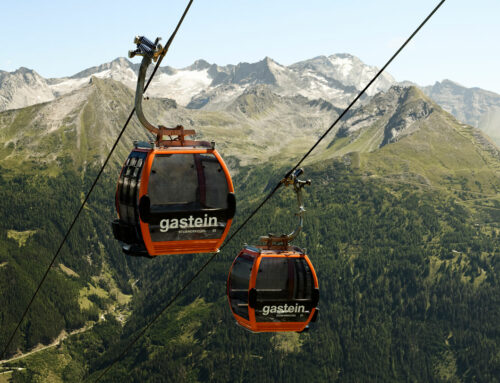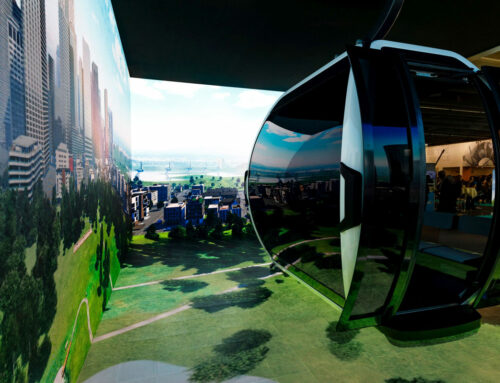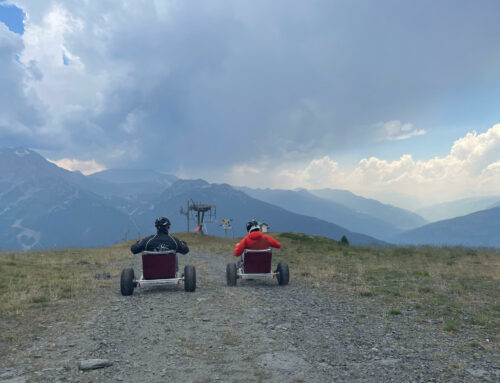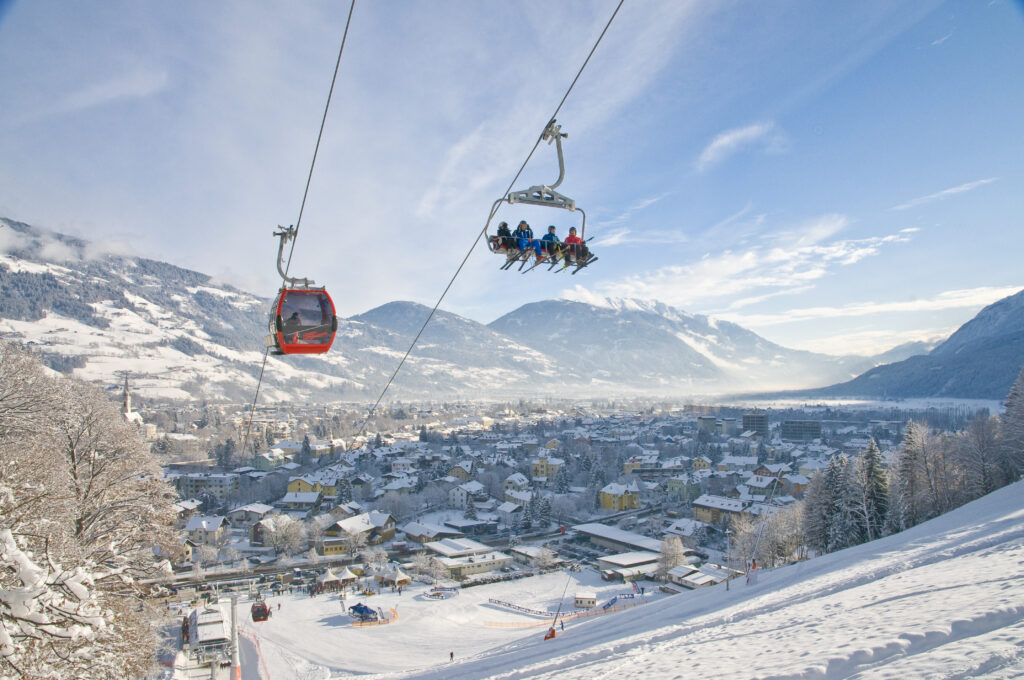
SI World 1/2023
Mountain railway responsibilities
The construction of a cable car has a socio-economic and cultural impact. Wherever a new ski resort or mountain tourism arises, new businesses move into the surrounding region. These include accommodation and catering businesses as well as tradespeople and commerce.
They all benefit from the cable car. At the same time, these businesses are also tied to the success of the cable car, as only a successful cable car business needs ski hire, the ski service or the hotel on the piste. Cable car operators are therefore also responsible for the region that they help to shape.
By supporting regional businesses,
mountain railways make a contribution to preservation of the cultural landscape in the Alps. Photos: Unsplash
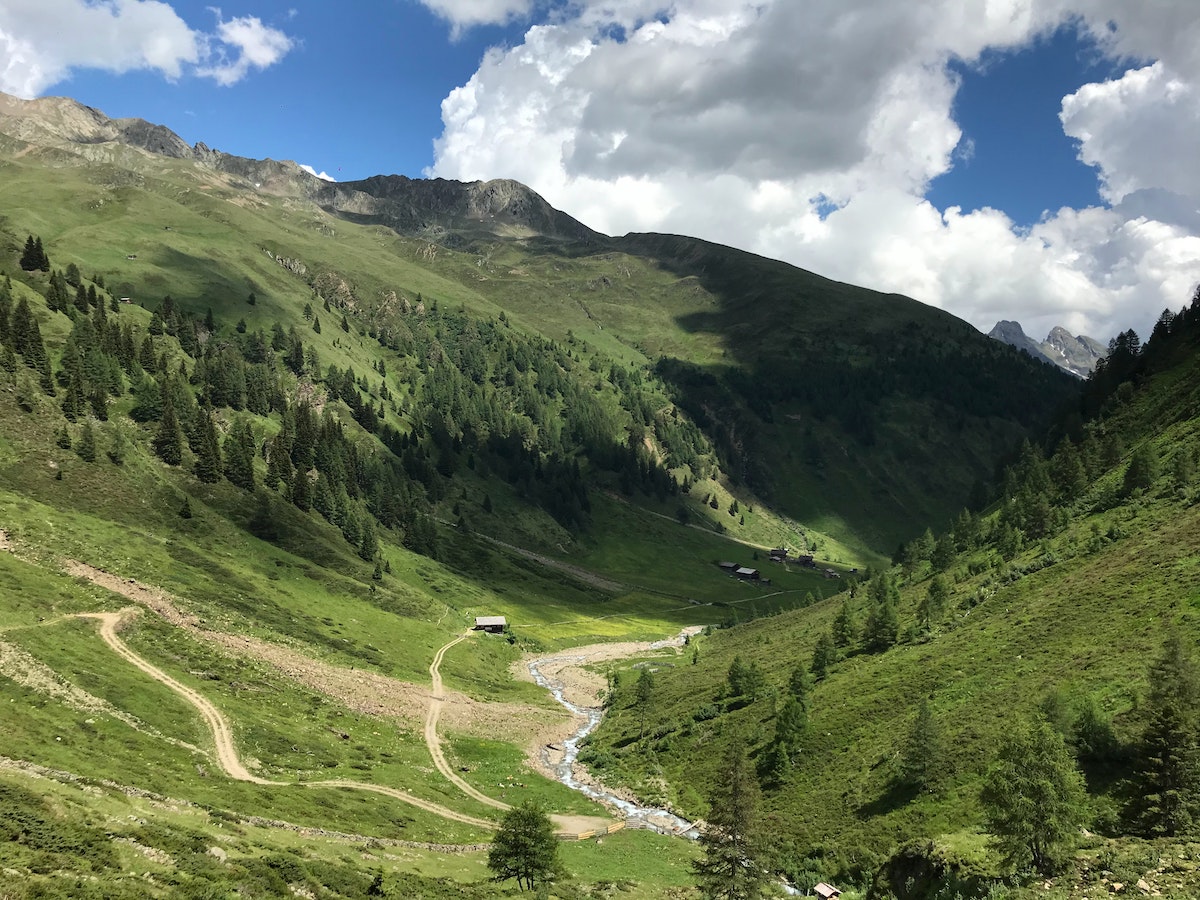
In this respect and in view of climate change, it is obvious that cable car companies should also be concerned about the development of sustainability concepts in the region. For the most part, they are already aware of this responsibility and actively shaping the development.
Dismantling old installations, using/generating renewable energy and keeping a watchful eye on energy efficiency, as well as the renaturation of sites that are no longer required, demonstrate that cable car businesses are actively taking responsibility for the sustainability and development of a region.
Boosting regional value added
The cable car industry makes a substantial contribution to strengthening a region, as it uses regional companies for construction projects, participates in the maintenance and preservation of cultural landscapes, and invests for example in the ski bus system or enters into collaborations with transport associations.
Through collaborations with regional accommodation businesses, Paznaun valley makes it possible for guests to be collected directly from their hotel by ski bus and therefore to leave their own vehicle behind.
Yet, in the light of the debate on ski tourism, it has been shown that the extent to which mountain railways have assumed responsibility or are aware of it is often not outwardly communicated.
Regional responsibility is mostly defined by the ecological aspect. As mountain railways invest in a region, they also maintain the economy. The financial success of tradespeople, service providers and those in the catering trade has a direct dependence on tourism and mountain railways.
Especially as far as the provision of regional mountain catering is concerned, examples can be found in Tyrol, which demonstrate how the culinary Way of St James promotes gastronomic diversity.
Mountain railways
Getting to the ski resort by train and ski bus: Mountain railways are trying to make travel to them by public transport more attractive.
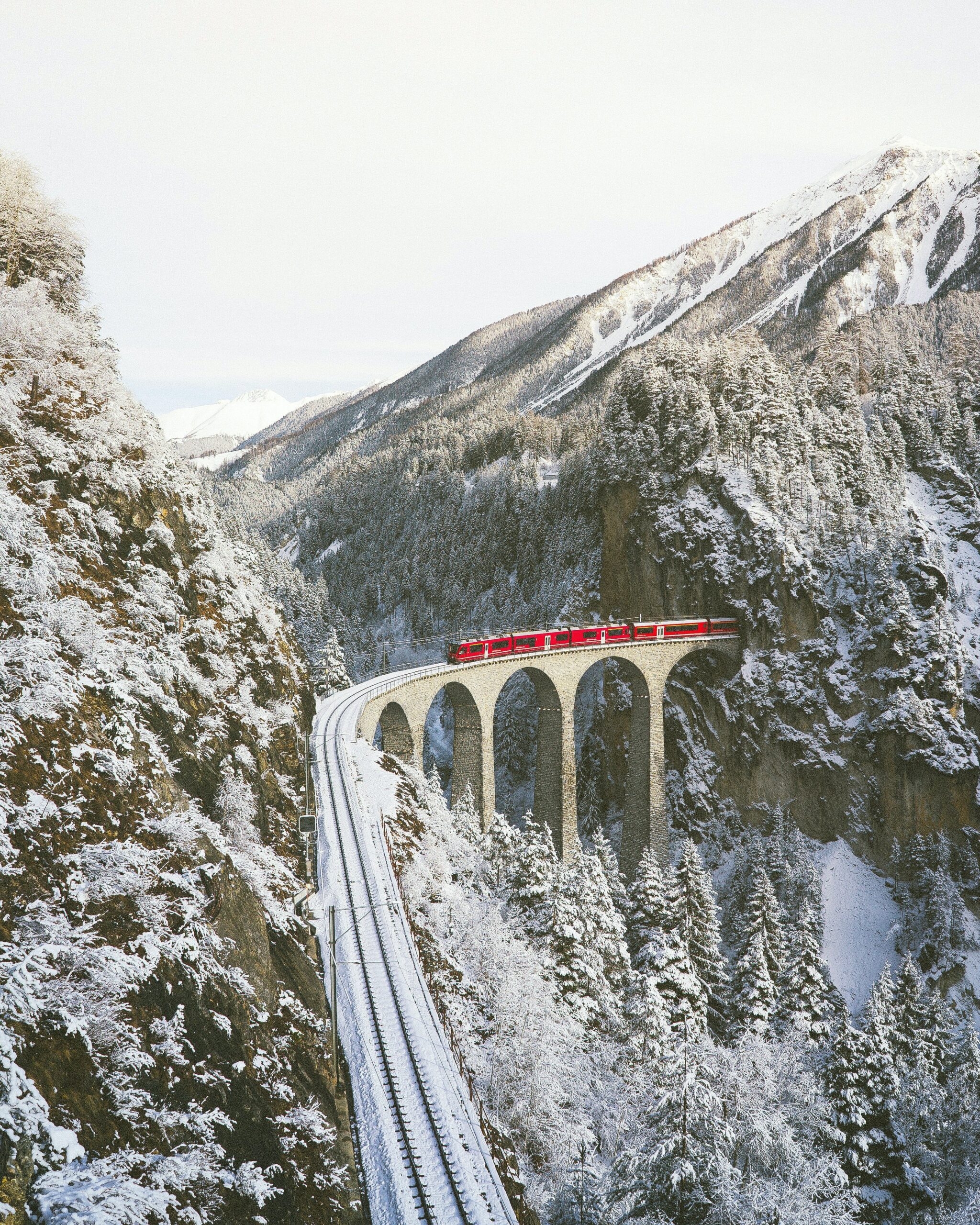
Mountain railways as electricity producers
Almost 90 percent of the energy for operation comes from renewable sources. Some mountain railway businesses already generate more electricity than they need and then feed it into the grid. One of them is Bergbahnen See (See mountain railways), which has linked its snow maker to a power station.
If the available water is not needed, it is used to generate electricity. It therefore promotes investment in renewable energy. In view of the growing criticism and rejection of mountain tourism by the population, mountain railways are having to place a spotlight on their positive action in regional development.
Demonstrating transparency
Like many other companies, mountain railways could enrich their annual reports with subject of regional responsibility. They could show what has already been achieved for the region in the operating year and which projects have been implemented to promote sustainability.
Several businesses in Tyrol already demonstrate transparency by showing their energy and water consumption. Moreover, they also communicate which actions have been taken to operate sustainably. That would also increase acceptance in society.
Regional employer
Another point in which mountain railways take responsibility is the creation of jobs in the region. New positions emerge in the mountain railway businesses themselves, as well as in catering businesses and in the sale/hire of sports equipment.
The construction and operation of a new cable car bring participation opportunities for regional businesses. Mountain railways therefore also carry social responsibility. Most mountain railway operators in Tyrol are also rooted in social and cultural life.
They host events and make contact with local associations. In so doing, they maintain community life in the region and strengthen the appeal of the region in which they are active. Nonetheless, it is not only the cable car operators who have a responsibility; the guests who use them should also be aware of their own.

